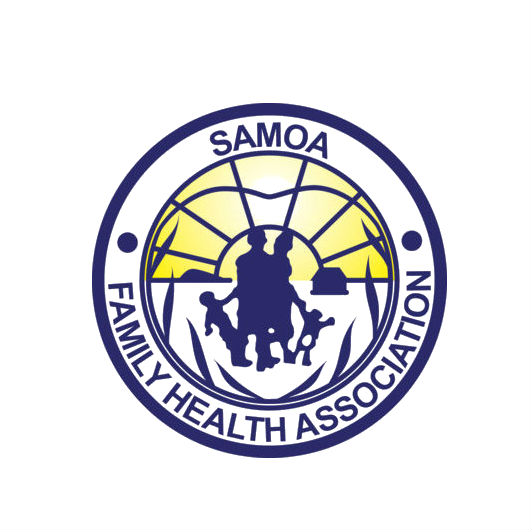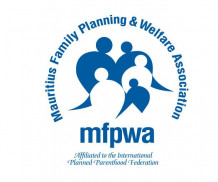

| 31 March 2016
Samoa Family Health Association
As the leading sexual and reproductive health rights (SRHR) service provider in Samoa, the Samoa Family Health Association (SFHA) delivers family planning and reproductive health services through three static clinics (two in Upolu and one in Savaii), and two mobile units (one in both islands) which visit rural areas and other outer islands three times a week to provide educational and contraceptive services to vulnerable communities. The association as the leading and champion of SRHR within the country has been very active for the past years also acting as an advisor on SRHR to the Government of Samoa. Our main strategic focus are to Champion Rights, to Empower Communities, to Serve the People, and to Unite and Perform. Primary objectives: to galvanize and secure legislative policy and practice improvements; to encourage young people to access CSE education and information; to deliver rights based SRH services including for family planning; to enhance operational effectiveness and grow our volunteer and activist supporter base. We work closely with other NGOs and private sector in the provision of services, creating an enabling environment for the association to provide SRHR services both awareness and clinically to workplaces. SFHA is a major stakeholder of the Health Sector, and we work in close partnerships with other government ministries like the Ministry of Health, Ministry of Education, Sports & Culture, Ministry of Police, Ministry of Natural resources & Environment, National Human Rights Institute (Office of the Ombudsman), and others in the provision of services both awareness and clinically to the community at large. We also collaborate closely with the Disaster Management Office in the provision of SRH and FP humanitarian services throughout the country, particularly for vulnerable communities.

| 31 March 2016
Mauritius Family Planning & Welfare Association
Established in 1957 as a grass-root movement, the Mauritius Family Planning & Welfare Association (MFPWA) was one of the earliest organizations in Africa focusing on family planning issues. As the nation struggled to find a way to address pressing population issues, a group of advocates formed MFPWA and started to provide contraceptive services directly to women. In 2018 the MFPWA is governed by an Act of Parliament 2018 as a body corporate. Today, the organization caters for the sexual and reproductive health (SRH) needs of the whole community. It also has particular strands of activity relating to specific groups including sexually abused children, elderly people, men and marginalized populations on Rodrigues and Agalega Islands. MFPWA has 30 staff and 50 volunteers and offers services through 2 permanent facilities and several service points. It also runs a day care centre for infants and children as a social enterprise initiative. The Association delivers services that include family planning, the prevention and management of HIV through voluntary counselling and testing, infertility management, antenatal and post-natal care, post-abortion care, the diagnosis and treatment of sexually transmitted infections (STIs) and screening for cancers of the reproductive systems in particular breast, cervical and prostate. The Association began its first rehabilitation of sexually abused children in 2003 and has built a solid reputation in the domain. Services for the rehabilitation of victims of gender based violence had been extended to Rodrigues Island on a pilot basis in 2019. The Member Association also operates peer-educator-led outreach programmes targeting work places, namely: hotels, manufacturing industries, call centres, male-dominated sectors such as transport, police, agriculture and fisheries. MFPWA has played a critical role in promoting the integration of comprehensive sexuality education into the national school curriculum and its powerful, informed advocacy has been influential in shaping government’s agenda and policies on SRH and population issues. MFPWA partners with and advises government departments which address health, quality of life, women’s rights, child development, family welfare, social security and youth and sports. MFPWA works with a large number of non-governmental organizations (NGOs), para-statal and government institutions and international partners like UNFPA, Help Age International and the European Union.







